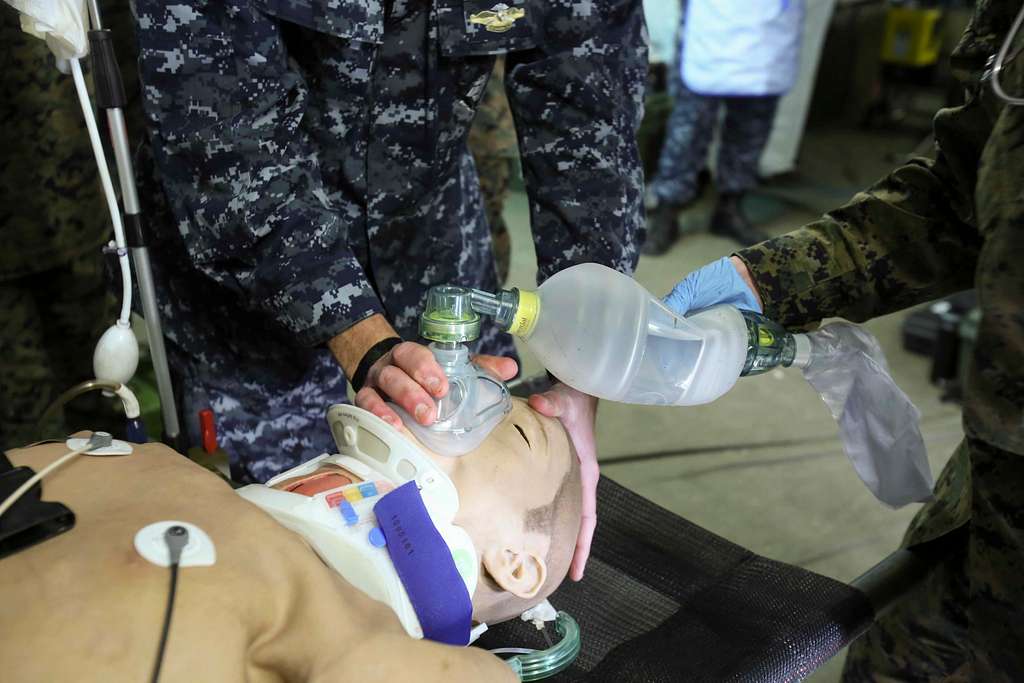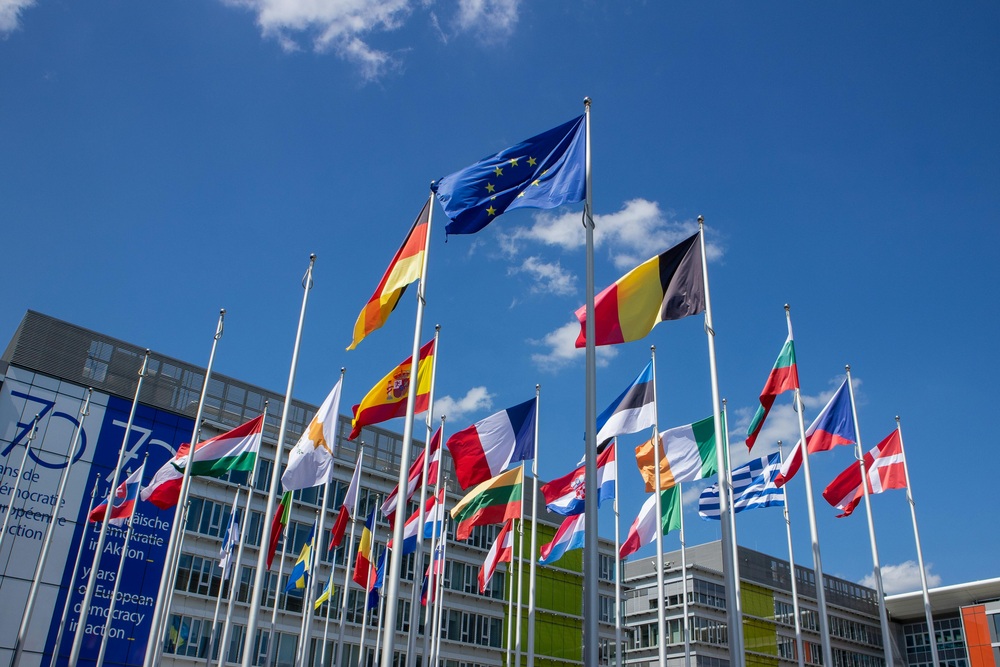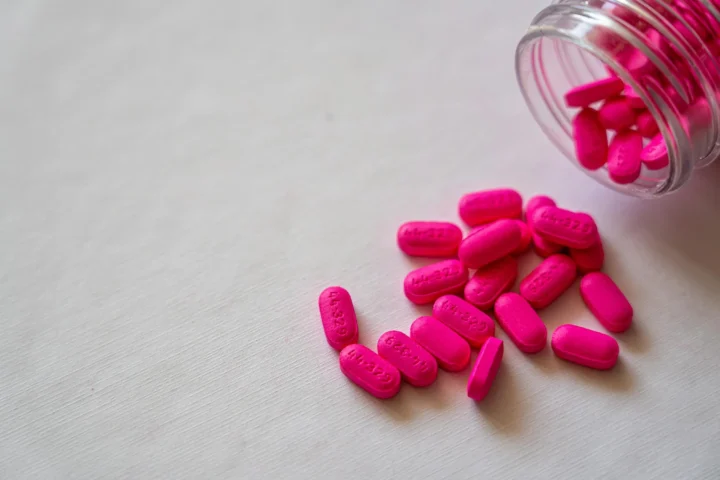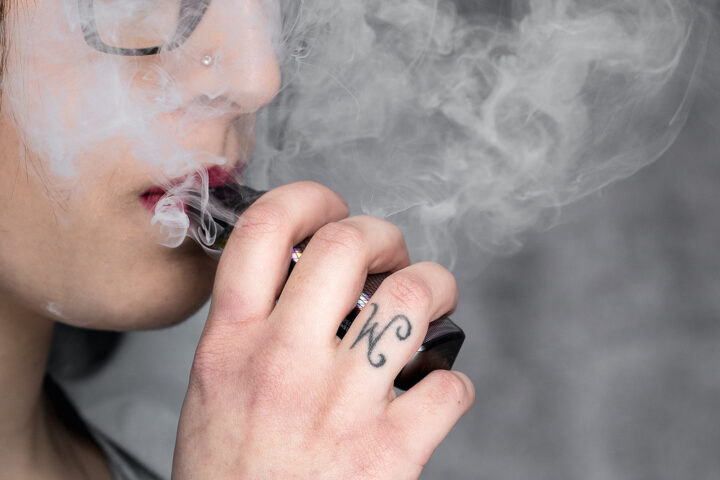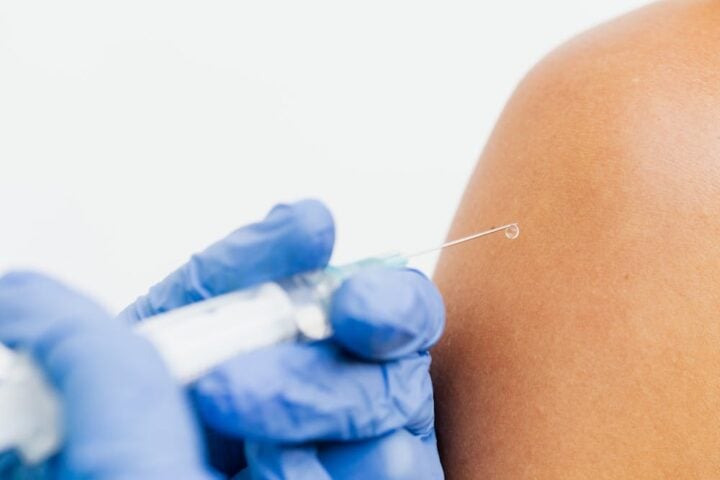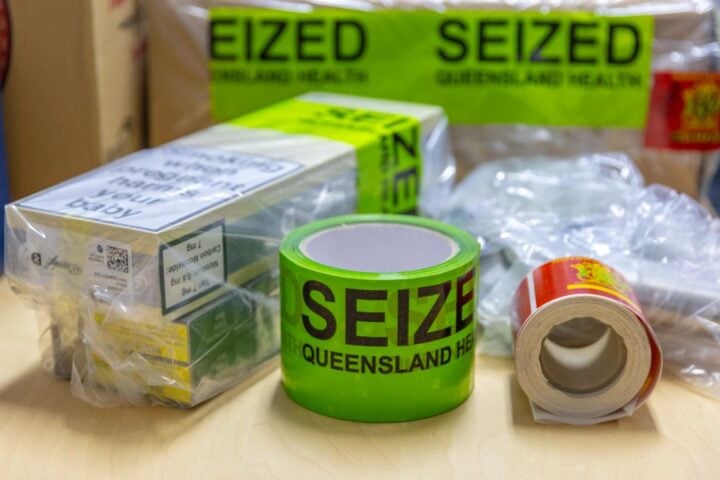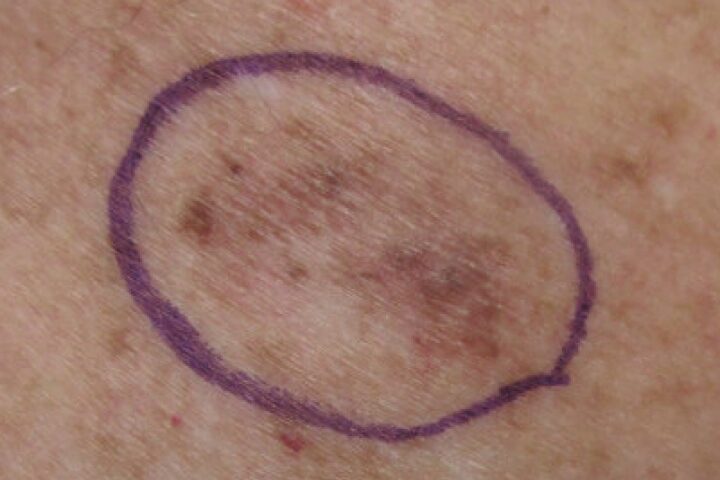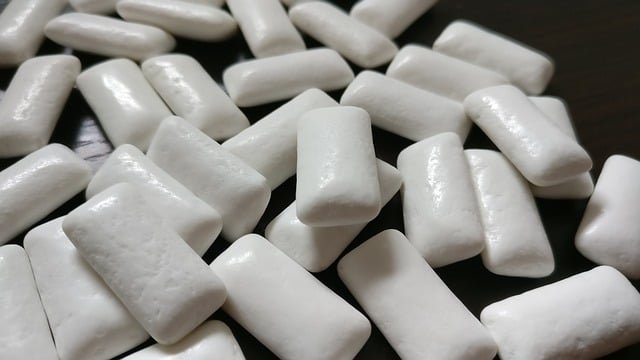We are lucky as we get oxygen free from nature. But in an epidemic like corona, artificial or medicinal oxygen is needed. There was a loss of life due to non-availability of such an oxygen. That big loss of human lives was avoidable if enough artificial oxygen was made available in hospitals and nursing homes.
Such a need was stressed during corona time to avoid such an eventuality. But there is no improvement in supply of medicinal oxygen in a majority of countries after the pandemic. This is revealed in a report published by New Lancet Commission.
According to this report, about two-thirds of humanity, i.e., 5 billion people are not able to get such a facility. This paucity of artificial oxygen is more visible in low and middle-income group of countries.
Similar Posts
Medicinal oxygen is necessary for the following persons:
- Patients suffering from asthma, stroke
- Pregnant women and children
- Persons who need oxygen for a long time
- People whose operations are complicated
The observations of the Lancet Commission are as follows:
- 82% of people from low and middle-income countries need oxygen
- 70% of such patients are found in South and East Asia, Pacific and Sub-Saharan Africa
- Only one out of three patients needing oxygen during operation gets the life-saving gas
- 70% of such patients don’t have access to oxygen due to various reasons like lack of preparedness, quality, provision, and accessibility
- The ratio in Sub-Saharan Africa is 91%, while it’s 78% in South Asia
The Lancet Commission has recommended that governments, industries, health authorities, educational institutions, and civil societies have to come together in order to provide oxygen to needy persons. Artificial or medicinal oxygen is needed to enrich public health, according to the Lancet report.

In short, two-thirds of humanity, that is about 5 billion people, don’t have access to life-saving oxygen. This is the finding of New Lancet Commission Report. According to the report, life-saving gas is needed to strengthen public health.
But the withdrawal of the USA from WHO may impact the precarious situation regarding availability of artificial or medicinal oxygen.
